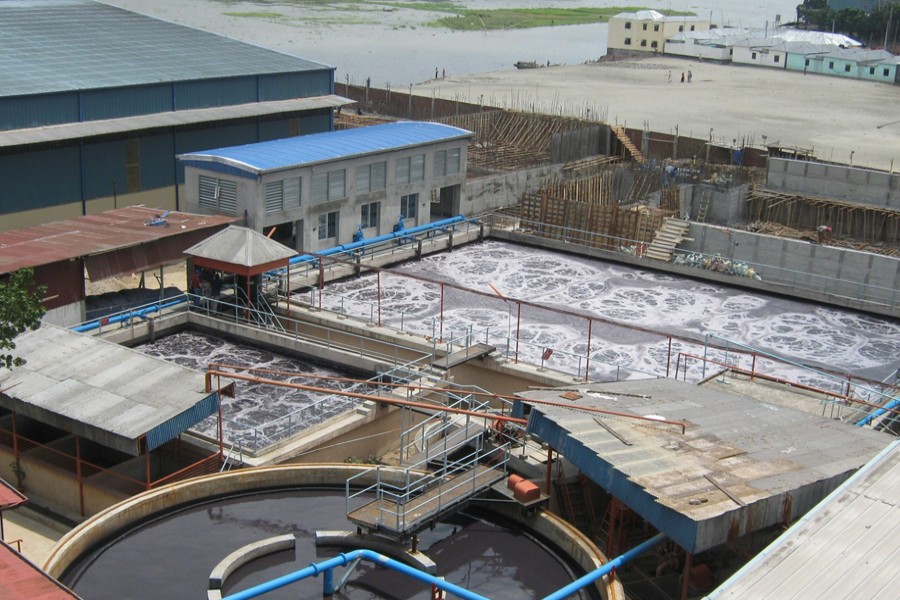The recycling and waste management capacity of the country’s fashion industry is needed to be enhanced to ensure a sustainable and green apparel industry.
Panel discussants said this at the Dhaka Apparel Summit held on Tuesday at ICCB in Dhaka.
The fashion industry has a global waste problem and the sector insiders should pay more attention to bringing innovation and technologies to reduce the water and environmental pollution caused by industrial activities.
Recycling can ensure a major mechanism to reduce the growing industrial wastage as the world dumped about 40 million tonnes of fashion industry waste with potential environmental threat, they warned.

Vidiya Amrit Khan, Director, BGMEA, moderated the panel discussion titled “Co-creating sustainability Shared risks and Rewards”.
Vidhura Ralapanawe, Executive Vice President of the Epic Group presented the keynote paper on the sustainable apparel industry.
Capacity enhancement, automation, green factories and zero carbon emission are some of the major transformations that are crucial to this effect, he suggested.
Sustainability is rapidly becoming the centre around which business is organized. We need a circular economy action plan, detoxing the value chain, water resiliency, and green chemistry to have a sustainable apparel industry in the country, read the keynote paper.
A company cannot be sustainable by itself; rather it is a community (ecosystem) that becomes sustainable, the keynote presentation added, saying that “we need radical collaboration to become a sustainable industry and a community.”
Roger Hubert, Managing Director, RMG Sustainability Council (RSC), a penal speaker, said that a collective vision and aspiration are needed to have a sustainable RMG industry in Bangladesh.
He emphasised the safety of workers in the workplace.
“Workplace safety is a necessary compliance while workers’ safety both physical and mental are needed to ensure a better environment and sustainable industry and its part of human rights,” he underlined.
Naved Husain Syed, Group Director and CEO, Beximco, Katharine Stewart, Group Corporate Responsibility Director, Associated British Foods Plc, Avedis Seferian, President, WRAP, Holly Syrett, Impact Programmes & Sustainability Director at Global Fashion Agenda also spoke at the event.
Zuena Aziz, Principal Coordinator, SDG Affairs, Prime Minister Office, claimed at the event that the government is working closely to ensure that no further water pollution is caused by industrial waste or in the process of manufacturing.
“We are implementing the SDGs and under the process, we are committed to ensuring environment safety with the industrial growth,” she added.
Meanwhile, under the social safety net programme, the government is providing the necessary safety and financial support to the working group people in the country, she added.
In another panel discussion titled “From global to Local value chains- strategic alliance and collaborative capacity building for a diversified industry” speakers emphasized on backward linkage industry in response to the country’s apparel industry.
They said it is needed to support the apparel industry to be more sustainable and independent, and therefore more investment is needed to this effect.


